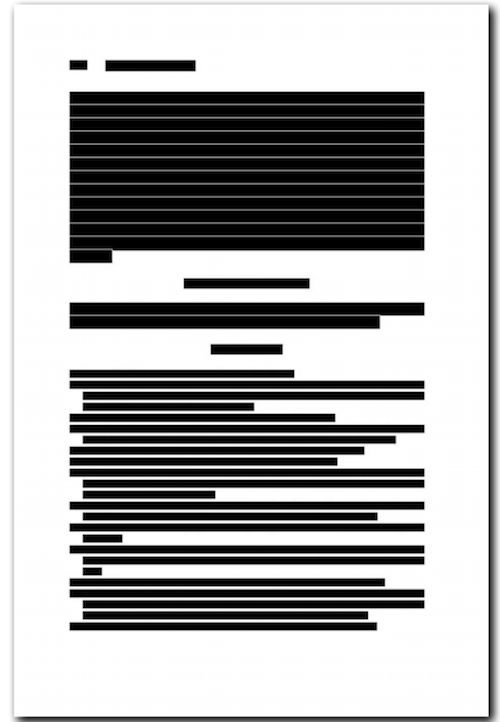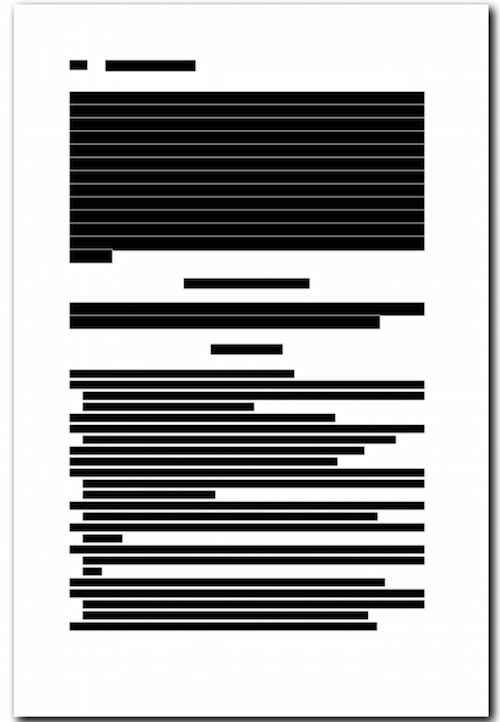Starting to include references in DOI metadata for blog posts

Two weeks ago I started registering DOIs for blog posts included in the Rogue Scholar blog archive. It is an automated process but involves a lot of manual checks. So far I have registered 231 blog posts from 20 different science blogs, and I hope to finish the DOI registrations by the end of the month. Going forward these DOI registrations will happen automatically whenever one of the science blogs included in the Rogue Scholar publishes a new post. I do this by monitoring the RSS feeds of these blogs, which I also use to generate the DOI metadata.
The DOI registrations include required and recommended metadata, including
- Author ORCID ID if provided by the blog
- Abstract
- Language of the post
- License (all Rogue Scholar blogs use the Creative Commons Attribution 4.0 license)
Because all Rogue Scholar blog posts are archived as full-text, we can extract additional metadata and register them with Crossref. The obvious first candidate is references, and today the Rogue Scholar has started to add them to the DOI metadata it registers with Crossref. The workflow for adding references follows the same principles I also use elsewhere for the Rogue Scholar:
- No particular technical effort is required for blog authors
- Using open source software and open access content
- The process should be simple and cheap
The initial implementation uses the standard formatting for references: a section at the end of the text, starting with an HTML <h2>, <h3> or <h4> header and the word References, followed by a list of links that are either DOIs or generic URLs. This pattern is so common that Crossref colleague Geoff Bilder uses it in presentations, and it is immediately recognized by most audiences:

Because some blogs have additional text after their references, I strip any text (and the included links) after an additional <h2>, <h3>, <h4>, or <hr> HTML tag.
You can use the Crossref API to find Rogue Scholar DOIs with references (four blog posts as I write this) using the query https://api.crossref.org/prefixes/10.59350/works?filter=has-references:true
When registering references I automatically check whether they resolve (using an HTTP HEAD request), to at least prevent typos or otherwise wrong DOIs/other URLs. I am not registering additional metadata for the references (e.g. the title), as this would dramatically increase the effort for blog authors, and that information is available in the original blog post.
About 5% of the so far about 450 Rogue Scholar blog posts have references (the registration of the references with Crossref is ongoing). I hope that including the references in the DOI metadata will encourage blog authors to include more references, and I am of course open to feedback regarding the best workflows. The references in Rogue Scholar posts are of course not limited to journal articles, preprints, or conference proceedings, but can also include datasets, software (such as the software used to generate the Crossref metadata), or anything with a URL that needs referencing.
Of course I am fully aware that including references is only part of the story. I assume that Rogue Scholar blog authors are also interested in citations of their blog posts, and thanks to the work by many organizations including Crossref and OpenCitations Open Citation data has reached a critical milestone. I will update the Rogue Scholar to display these citations in the coming months.
References
Fenner M. Starting to Register DOIs for All Blog Posts Included in the Rogue Scholar. Feature; 2023. doi:10.53731/m9fs5-nap05
Fenner M. Reference Lists and Tables of Content. Feature; 2016. doi:10.53731/r795v41-97aq74v-ag4cd
Fenner, Martin. commonmeta-ruby. Published online March 20, 2023. doi:10.5281/ZENODO.7752775
Fenner M. Open Citation Data Reach Critical Milestone. Perspective; 2021. doi:10.53731/rc3j5sn-tzg61kj-7ztra




Comments ()